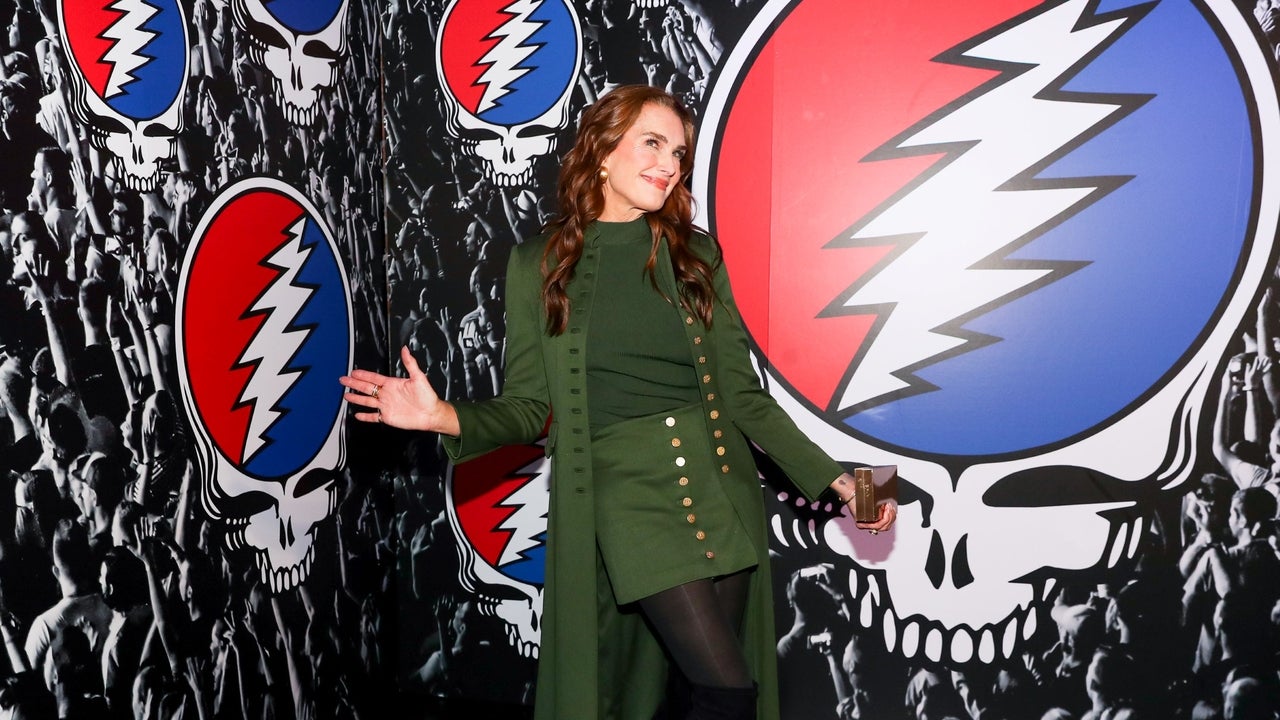Back in 2009, Yorgos Lanthimos led the so-called Greek Weird Wave with the Oscar-nominated Dogtooth, an unsettling exploration of a family of teenagers kept from the world by their father in a gated estate that they could never leave. The family is rich, so they can have anything they want except the wide world and their freedom; even sex can be bought in.
Lanthimos’ Poor Things, screening in competition in Venice and certainly one of the most eagerly awaited films at the festival, is packaged very differently. A sort of period film (which period is hard to pinpoint, although more Belle Epoque than anything else) it is stuffed with extravagant costumes and sets that make Disneyland look restrained, all cut from the same spangled cloth as the royal romp The Favourite, Lanthimos’ last film. Strip away the decoration, however, and Poor Things is actually a return to those first concerns of Dogtooth: essentially, what it is to be a human animal.
At the heart of Poor Things – which is based on a novel by the late Scottish novelist Alaisdar Gray, and scripted by Tony McNamara – is a raw innocent called Bella Baxter (Emma Stone) whose history is truly bizarre, even by Lanthimos’ standards. Bella is a grown woman who, when we first meet her, behaves like a toddler. She spits out food, throws plates around to see what happens when they fall, throws tantrums, has trouble balancing as she walks and knows only a few words that she has yet to learn to join up as sentences. This big baby is under the care and control of Godwin Baxter (Willem Dafoe), a surgeon of brilliant mind, irascible nature and a man so grotesquely scarred that he appears to have been put together from spare parts.
Perhaps he was; his father was also a surgeon in frigid pursuit of the truth, given to cutting him up to see which bits he could do without. Soon we learn that Bella is his own experimental project, assembled from the body of a suicide and the brain of the unborn child that survived inside her when she threw herself off a bridge. Baxter has no idea whose body this once was; he doesn’t care although – tiny spoiler! – perhaps he should. What he cares about is data; what he needs is a suitably malleable sidekick to monitor his subject’s progress.
Enter Max McCandle (Ramy Youssef), an impoverished student who is almost as dazzled by Bella’s untutored effervescence as he is by his professor, who is known at home simply as God. Max is also something of a naif. He soon accepts the monstrous things God creates in the interests of science: the creature trotting round the garden that consists of a duck’s tail grafted on to the head of a dog, for example, or the pig that is partly hen. He also accepts Bella’s virtual imprisonment in a house set up, as God says, to keep her amused without ever needing to go outside.
Bella’s childish desires are constantly expanding, however. She does need to go outside. She wants to see the world. More than that, once she discovers the pleasure zone between her legs, she wants sex.
Another figure emerges from the wings: Duncan Wedderburn, God’s lawyer and a sybaritic, probably syphilitic rake played so gleefully by Mark Ruffalo that each of his scenes feels like a carnival ride. He soon initiates Bella into the activity she calls furious jumping; why, she asks during a momentary breather between his silk sheets, do people not do this all the time?
From this point, Poor Things becomes the picaresque tale of Bella’s journeys. The frolicking couple travels from London to Lisbon and thence to Alexandria, where the increasingly dissipated Wedderburn loses money in their ship’s casino and wins it back again, only for Bella to give it away when she first discovers poverty. They find their way to Paris, where she decides to make money and experience a greater variety of sex by working at a brothel, going to socialist meetings with a fellow prostitute during her evenings off. Her innocence makes her vulnerable but also strong; she fails to see why she shouldn’t do or say whatever she wants, including continuing to spit out food she doesn’t like. Toddler tactics can be useful.
Above all, she craves knowledge, whether from experience, books or encounters with more worldly companions – such as the elderly libertine she meets on board ship, played by the great German veteran, Hanna Schygulla, who slips her some incendiary books of philosophy. Maybe she doesn’t want to do furious jumping all the time, after all. “Ideas are banging in Bella’s head like lights in a storm!” she announces when Wedderburn lurches into frame to summon her to bed.
The film is full of such moments, brought to vivid life by Stone’s energetic embrace of Bella’s persona, the universally excellent supporting performances and Lanthimos’ wild determination to surprise us, whether by using four different lenses in a scene, painting the sky red or all that sex-positive talk out of the mouth of an ostensible babe. What a glorious paean to freedom it is.
















